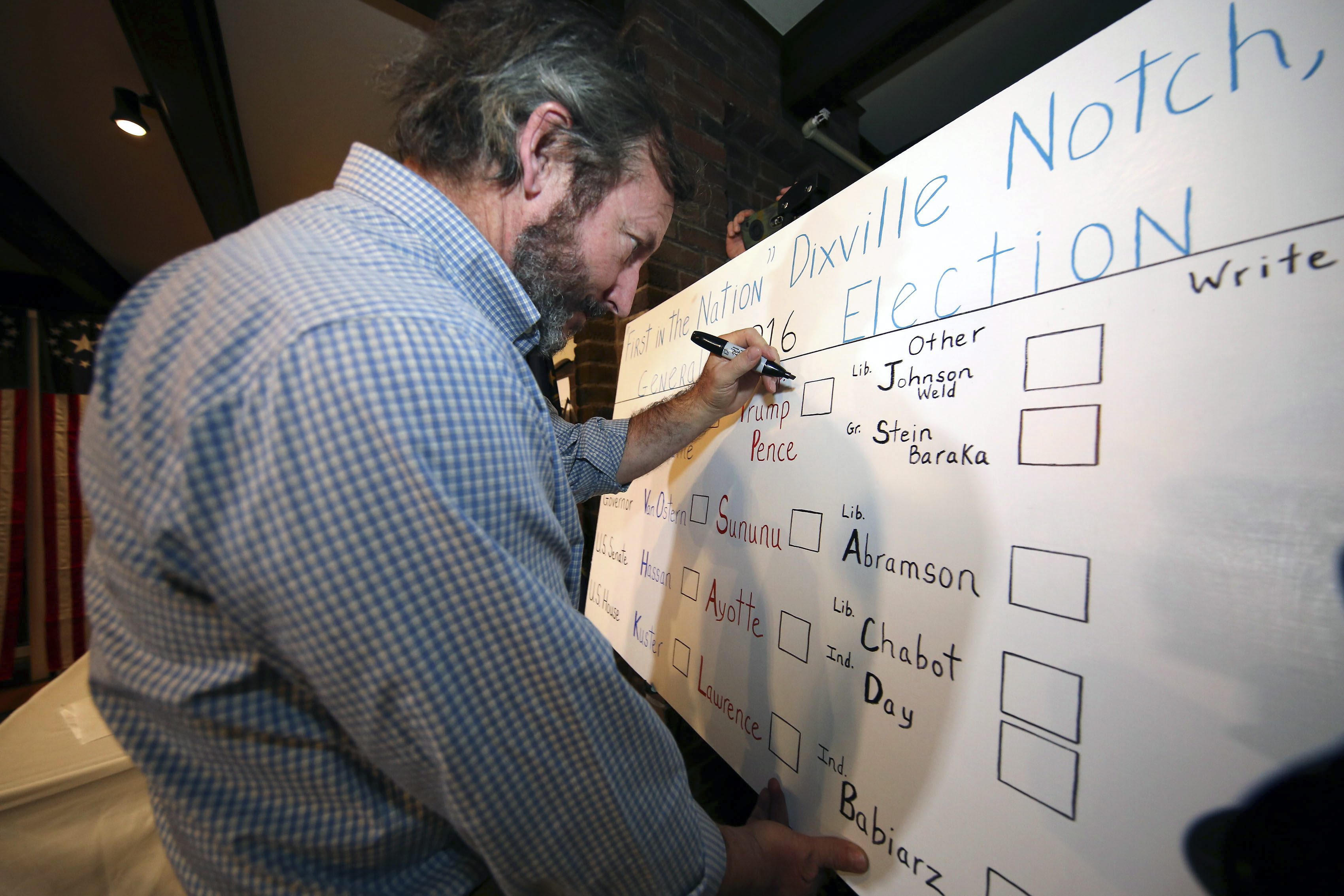
Although most of the opinion polls in Turkey showed the progress of Kemal Kilicdaroglu, those that showed the exact opposite picture were finally confirmed, that is, Erdogan’s victory, at least in the first battle. But how is this contradiction explained?
A Taiwanese-American neuroscientist at Princeton University, Prof Sam Wang, Show that opinion polls are littered not only in countries like Turkey, but also in the superpower itself, the USA.
the Sam Wang He came to public attention a few years ago when he was forced to eat an insect while a guest on CNN! He bet that if then-candidate Donald Trump won by more than 240 electoral votes in the 2016 election. Finally, he fell out and ate a bug!
After several years of this honest act of admitting his mistake, the Academician made it clear Scientific American How “it is better not to pull the poll out of poetry in order to understand it well.
“If the difference in an election battle is 3-4 points, we should just say it’s a lopsided battle and not force statements to say something they can’t say.”
What happened to Trump
Especially for the 2020 US midterm elections, Mr Sam Wang asked if Pollsters probably didn’t make enough phone calls to Trump supporters; Given thatMost opinion polls showed Biden ahead.
Sam Wang summoned him American data scientist and political polling analyst David Shore, who pointed out the possibility that people who respond to opinion polls may not be a representative sample.
Survey respondents are “inquisitive enough in the sense that they are willing to pick up the phone and stay on the phone with the pollster.”
David Shore has shown that people are more likely to pick up the phone if they are democrats, more likely to pick up the phone during a pandemic, and more likely to pick up the phone if they have a high social trust score.
“It’s exciting. The point is that survey participants score higher on social trust than the general population and, because of this, are not a representative sample of the population. This can distort the results,” says S. Wang.
According to him, this is also related to the idea that US states with more QAnon conspiracy theorists have shown inaccurate polls. “These people’s belief systems are definitely associated with low social confidence,” and thus “these may be people who just won’t pick up the phone.”
“If you believe in a brutal conspiracy to sexually assault one of the largest political parties in the United States, you may be paranoid. The possibility that paranoid people are also reluctant to respond to opinion polls cannot be ruled out.”
They disagreed with the immigrants
Miami-Dade County, Florida, which has a large Hispanic population, gave Trump a huge boost.
Asked how polls might have missed members of that demographic supporting Trump, the professor said pollsters know Hispanic voters are a hard-to-reach demographic.
Furthermore, Hispanics are not a homogeneous population. If you look at some of the polls, it appears that Hispanics were more favorable to Trump than they were four years ago,” the professor argued while acknowledging that “It is certainly possible that Hispanic support has slipped away from the pollsters. this time “.
The role of the epidemic
to Sam Wang, however, The poll is so important because it is a method by which we can gauge public sentiment more rigorously than any other method. Opinion polls play an important role in our society.
However, he cautioned, “One thing we shouldn’t do is convert survey data into odds. This hides the fact that polls can be a few points apart. Reported data is best left to opinion units.” [ως ποσοστό που ευνοεί έναν υποψήφιο] rather than trying to turn it into a possibility.
“You better not push yourself into making the poll more plausible. If opponents in a campaign seem to have three or four points, we should just say it’s a close contest and not force the data to say something it can’t. I think the pollsters will notice the inaccuracy That and they’re trying to do better. But to some extent, we have to stop expecting so much from the survey data” even if “3-4 points might be optimistic.”

“Hipster-friendly coffee fanatic. Subtly charming bacon advocate. Friend of animals everywhere.”





More Stories
Kate Middleton and Prince William are 'going through hell,' says partner.
The Pope's doctors perform surgery on Kate Middleton – new scenarios
The second suspicious death linked to the Boeing scandal